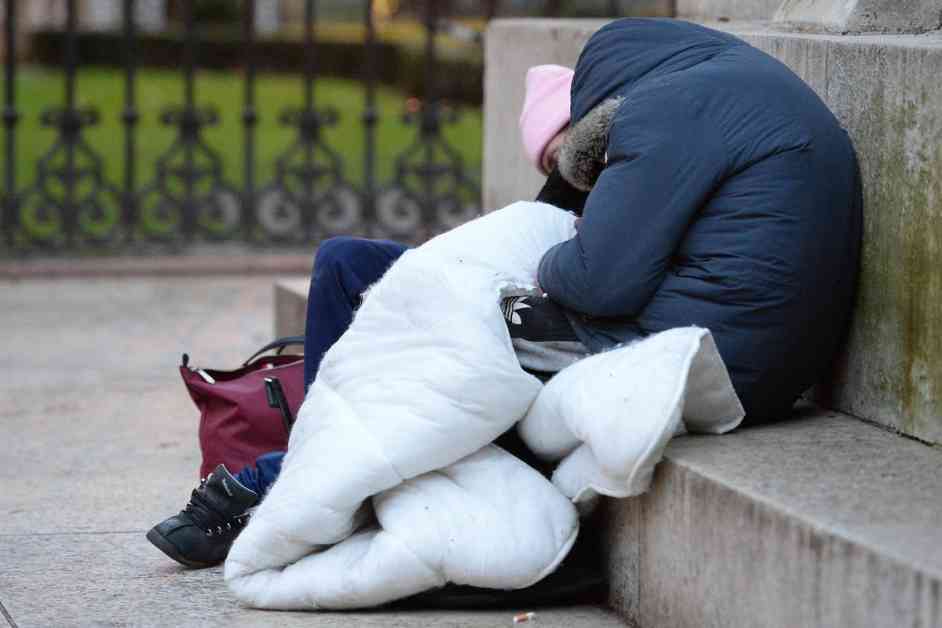Labour’s ambitious plan to tackle homelessness is now facing a significant setback due to a tax increase outlined in the recent Budget. The new tax hike, amounting to a £25bn rise in employers’ national insurance contributions, has raised concerns among homelessness organizations about the future of crucial services.
According to a letter addressed to the chancellor and seen by The Independent, over 100 prominent organizations, including Crisis, St Mungo’s, and Depaul UK, have urged for an extension of the carve-out for the NHS and public sector to include those who support the most vulnerable individuals in society. The sector estimates that the tax increase could drain between £50m to £60m annually from frontline services for the homeless.
Recent figures have highlighted a growing crisis, with record-high numbers of people sleeping rough in London and over 150,000 children living in temporary accommodation. The new Labour administration has labeled the situation as the “most acute housing crisis in living memory.” Homeless Link, the national body for frontline homelessness organizations, expressed grave concerns about the potential closure of critical services, leaving thousands without essential support.
While the Budget included an additional investment of £230m towards ending homelessness and rough sleeping, the tax changes threaten to undermine these efforts. The NI increase, announced by Labour, has raised the rate of national insurance contributions from 13.8% to 15%, affecting businesses and organizations that provide vital services to those experiencing homelessness.
In response, a government spokesperson emphasized the commitment to addressing homelessness and reducing social inequalities. The spokesperson highlighted the significant investment allocated to reducing homelessness by nearly £1bn in 2025-26 and the plans to deliver up to 5000 social homes. The government’s approach aims to raise necessary funds to improve public services and support those in need.
As the debate continues on the impact of the tax changes on homelessness services, stakeholders are calling for a balanced and proportionate response to ensure that the most vulnerable individuals receive the support they require. The ongoing collaboration between government, organizations, and communities will be crucial in addressing the complex challenges of homelessness and housing insecurity in the UK.












